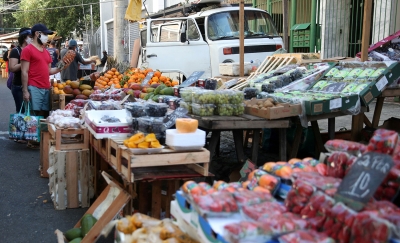


Directory of Pearl suppliers in Brazil
 Oscar, Brazilian Natural Stone5 months ago
Oscar, Brazilian Natural Stone5 months ago Amazonite Quartzite, Titanium Granite - Blocks and SlabsGranite, Quartzite, Turquoise, Emerald
Amazonite Quartzite, Titanium Granite - Blocks and SlabsGranite, Quartzite, Turquoise, Emerald




 Amazonite Quartzite, Titanium Granite - Blocks and SlabsGranite, Quartzite, Turquoise, Emerald
Amazonite Quartzite, Titanium Granite - Blocks and SlabsGranite, Quartzite, Turquoise, Emerald